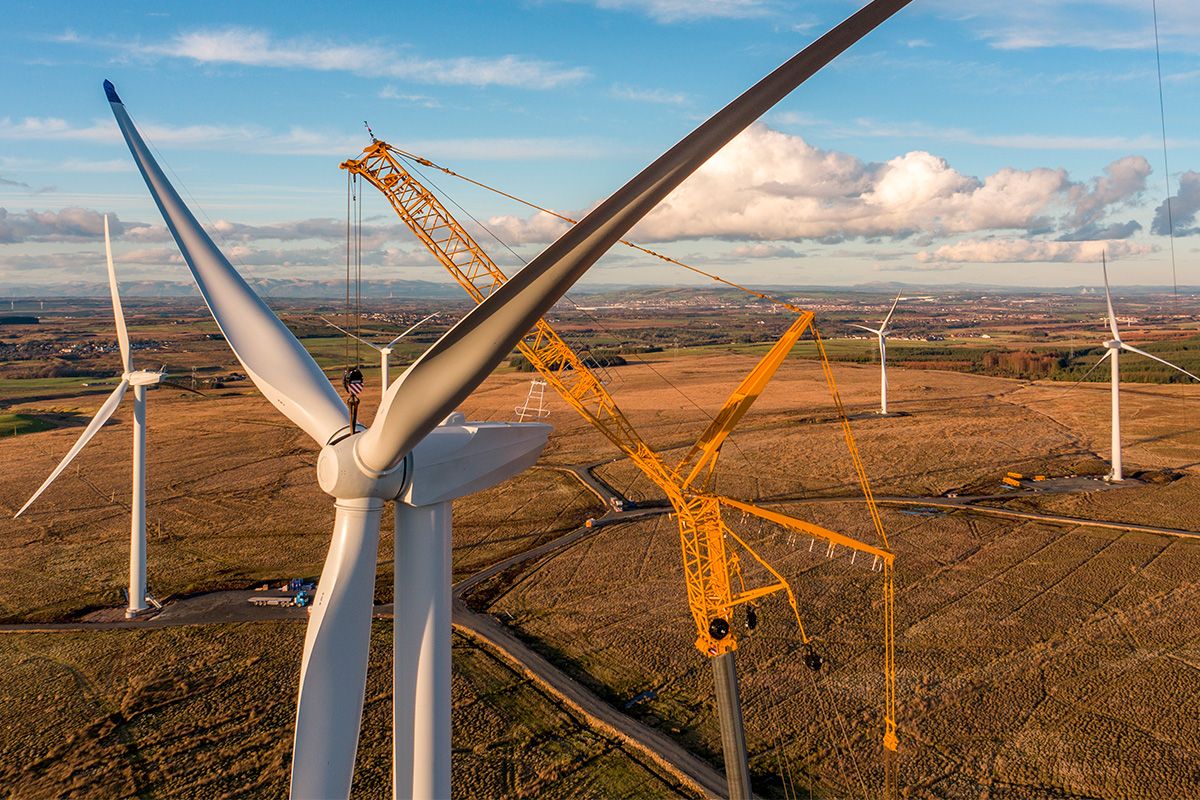Robust implementation of 2030 National Plans is key to deliver EU targets

The European Commission has presented a first assessment of the final 2030 National Energy & Climate Plans (NECPs) submitted by the 27 EU Member States. The assessment shows the NECPs have some quite good volume commitments for the expansion of renewables. But that they’re still missing a lot of detail on how Governments will deliver those commitments.
The NECPs are the framework within which national Governments plan their climate and energy goals, policies and measures for 2021-30. Governments are obliged to develop these Plans under the 2018 Clean Energy Package. And they have to include a detailed list of actions they intend to take by 2030.
The NECP process aims to ensure the EU meets its 2030 targets for greenhouse gas emission reductions, renewables, energy efficiency and electricity interconnectors. The EU Commission will monitor the progress towards these targets.
In its assessment of the 27 NECPs the Commission has painted an optimistic picture. It says the final Plans are substantially more ambitious than the 2018 draft ones including on renewable energy volumes. And that the EU will surpass the current 32% renewable energy target. Yet the Commission points out that Member States need to do additional work on the implementation measures. In particular, it invites them to increase the predictability on planned tenders and to streamline permitting procedures for new and repowered projects.
WindEurope CEO, Giles Dickson, stresses: “The Commission analysis highlights the key point about the NECPs. The numbers look good on paper. But they’re short on detail of how to deliver those numbers. There are nice volumes for the build-out of onshore and offshore wind. But the Plans are thin on how Governments will simplify the permitting of new farms. And many Governments can’t deliver their volumes without simplifying permitting. Many NECPs are also lacking detail on the schedule and design of the auctions Governments will run to support new renewables. It’s fine to say the NECP commitments add up to 33% renewable energy by 2030. But without some more serious homework in the national capitals, the NECPs won’t deliver that”.
The EU Commission will present more detailed country-specific recommendations in October 2020. Based on their final NECPs, each country must now submit a progress report to the Commission every two years on the status of implementation of its National Plan.



